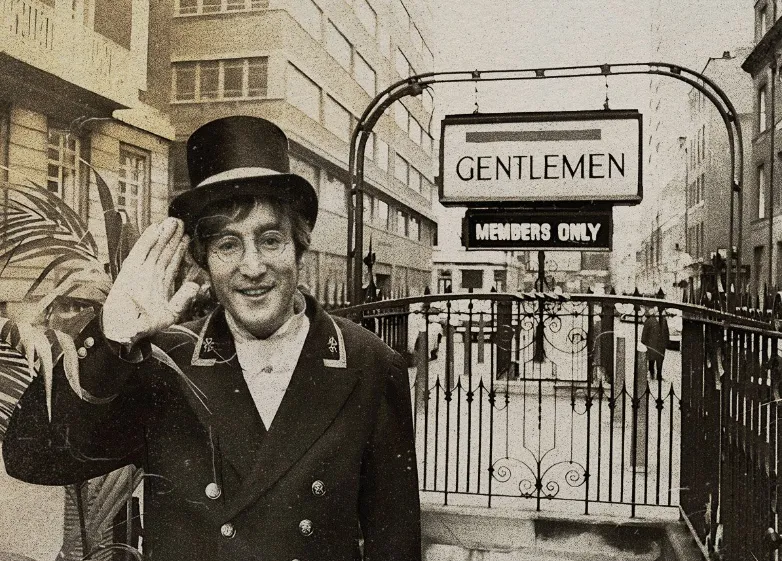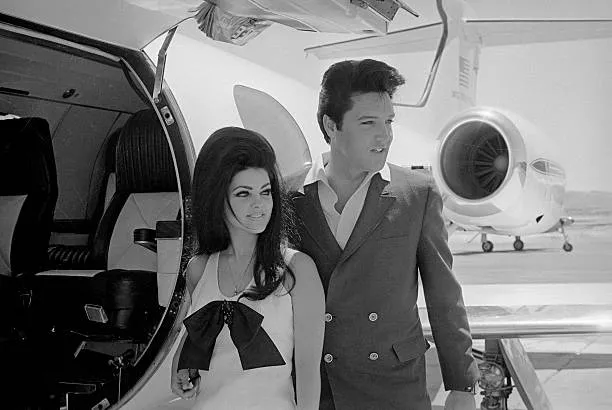Whitney Houston's journey from a modest upbringing in Newark, New Jersey, to becoming a global icon is a remarkable story of talent, determination, and the transformative power of music. Born on August 9, 1963, Whitney Elizabeth Houston emerged from a musical family and rose to fame with a combination of extraordinary vocal talent, compelling charisma, and a series of strategic career moves that catapulted her to international stardom. Her ascent is a testament to her resilience and the crucial role of key figures who recognized and nurtured her exceptional abilities.
Early Beginnings in Newark

Whitney Houston was born into a family deeply rooted in music. Her mother, Cissy Houston, was a renowned gospel and soul singer, while her cousins included singers Dionne Warwick and Dee Dee Warwick. Growing up in Newark, Houston was exposed to a rich musical environment, which laid the foundation for her future career. From a young age, she was involved in her church choir, where her powerful voice began to attract attention.
Houston’s early experiences in gospel music provided her with a strong foundation, but it was her crossover into secular music that would mark the beginning of her rise to fame. Her talent was evident as she performed in local clubs and began recording background vocals for various artists. These early experiences helped her hone her craft and gain industry exposure.
Discovery and the Breakthrough

In the early 1980s, Whitney’s career took a significant turn when she was discovered by Clive Davis, the head of Arista Records. Davis, known for his keen ear for talent, was captivated by Houston’s voice during a performance in a New York nightclub. Recognizing her potential, he signed her to Arista Records and began to shape her career. Davis’s influence and vision played a crucial role in Houston’s development as a recording artist, leading to the release of her debut album, Whitney Houston, in 1985.
The album was a commercial success, featuring hits like "You Give Good Love," "Saving All My Love for You," and "How Will I Know." These songs showcased Houston’s vocal prowess and marked the beginning of her ascent to stardom. The album not only established her as a talented singer but also set the stage for her future successes.
Rise to Global Stardom

Whitney Houston’s success continued to grow with the release of her second album, Whitney (1987), which included the chart-topping hits "I Wanna Dance with Somebody (Who Loves Me)" and "Didn’t We Almost Have It All." This album solidified her status as a pop sensation and demonstrated her versatility as an artist, capable of excelling in both ballads and upbeat dance tracks.
The early 1990s were a defining period for Houston, as she starred in The Bodyguard (1992), a film that showcased her acting abilities and featured one of her most iconic songs, "I Will Always Love You." The song became a global phenomenon, topping charts worldwide and becoming one of the best-selling singles of all time. The success of The Bodyguard soundtrack further elevated Houston’s profile, proving that she was not just a music star but a cross-media sensation.
Enduring Success and Challenges

As Whitney Houston’s career flourished, she continued to achieve remarkable success with subsequent albums, including My Love Is Your Love (1998), which produced hits like "My Heart Will Go On" and "Heartbreak Hotel." Despite her ongoing success, Houston faced personal challenges, including struggles with addiction and health issues. These challenges were well-documented in the media and impacted her career at various points.
Despite these difficulties, Houston remained a powerful and influential figure in the music industry. Her ability to overcome adversity and continue to produce music demonstrated her resilience and enduring appeal. Houston’s voice, characterized by its powerful delivery and emotional depth, remained a defining feature of her artistry.
Legacy and Impact

Whitney Houston’s legacy is defined by her extraordinary vocal talent, her contributions to music and film, and her influence on future generations of artists. Her impact on the music industry is evident in the countless accolades she received, including multiple Grammy Awards, American Music Awards, and Billboard Music Awards. Houston’s ability to connect with audiences through her music and her charismatic presence made her a beloved figure worldwide.
In addition to her musical achievements, Houston’s career helped pave the way for other African American artists in mainstream pop music. Her success demonstrated that an artist could achieve both commercial success and critical acclaim while maintaining a strong sense of individuality and artistic integrity.
Conclusion
Whitney Houston’s rise from Newark to global icon is a story of exceptional talent, strategic career moves, and the influence of key figures who believed in her potential. From her early beginnings in gospel music to her groundbreaking achievements in pop and film, Houston’s journey reflects her dedication to her craft and her impact on the entertainment industry. Her legacy continues to inspire artists and fans around the world, reminding us of the transformative power of music and the enduring appeal of a truly remarkable artist.



